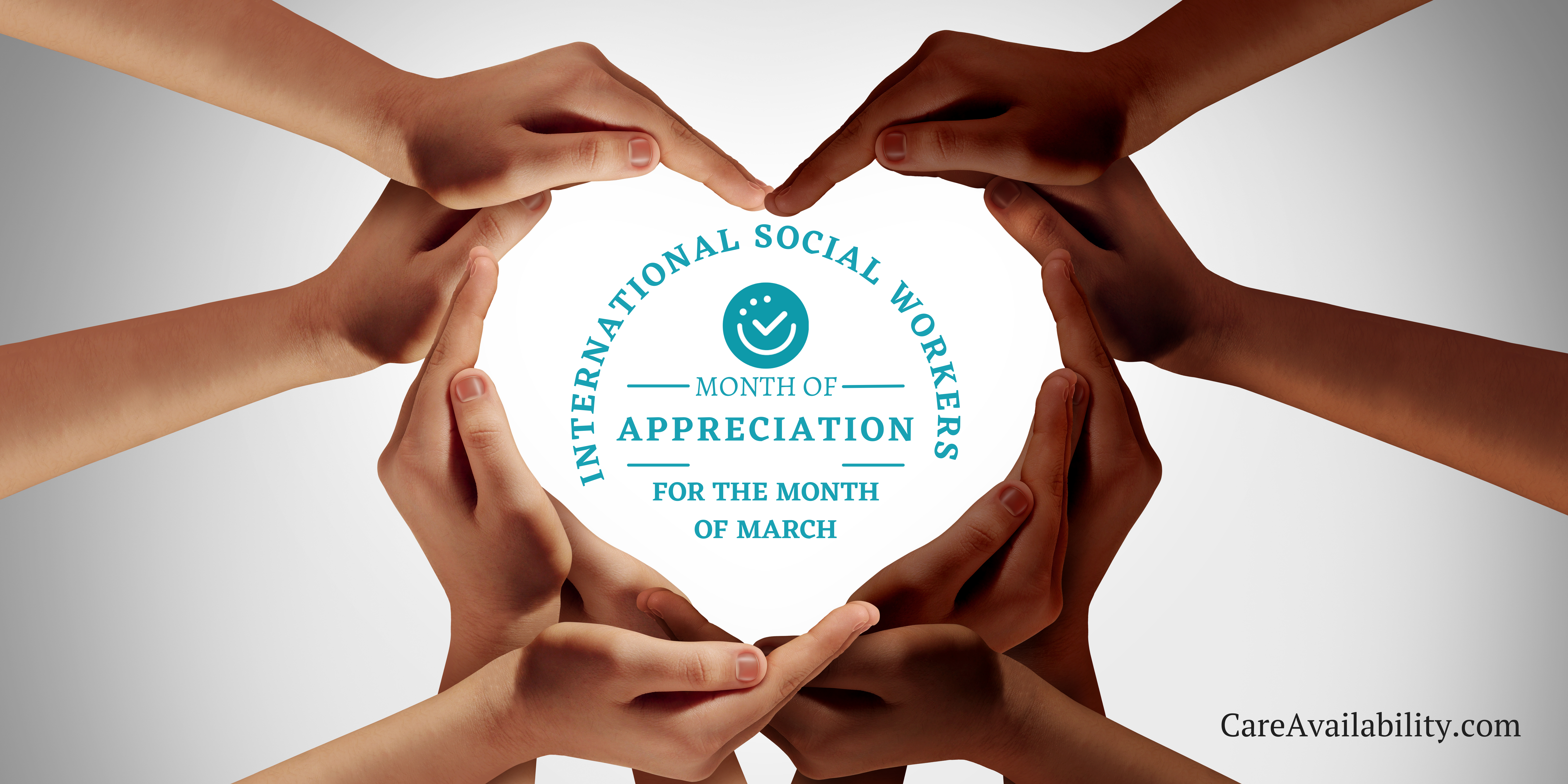In the heart of the nation’s capital, amidst the grandeur of political institutions and bustling streets, a different kind of gathering took place – one fueled not by partisan agendas, but by a shared commitment to combating Alzheimer’s disease. The Alzheimer’s Forum in Washington, DC, convened advocates, researchers, caregivers, and individuals impacted by Alzheimer’s to amplify their voices and push for progress in the fight against this devastating illness.
The Forum: A Platform for Advocacy
The Alzheimer’s Forum provided a crucial platform for individuals and organizations to advocate for policies that prioritize Alzheimer’s research, care, and support. Attendees from across the country gathered to share personal stories, exchange insights, and engage with policymakers on Capitol Hill.
Personal Stories, Collective Impact
One of the most powerful aspects of the Forum was the sharing of personal stories. Individuals affected by Alzheimer’s – whether as caregivers, family members, or individuals living with the disease – bravely shared their experiences, highlighting the profound impact Alzheimer’s has on individuals, families, and communities.
These personal narratives served as a stark reminder of the urgent need for action. They humanized the statistics, transforming abstract numbers into real faces and real lives touched by Alzheimer’s. Through these stories, advocates underscored the importance of robust funding for research, access to quality care and support services, and policies that promote early detection and diagnosis.
Advocacy on Capitol Hill
Armed with personal stories and a deep sense of purpose, advocates took to Capitol Hill to meet with policymakers and urge them to prioritize Alzheimer’s on the national agenda. Armed with data, personal anecdotes, and policy recommendations, they made a compelling case for increased funding for Alzheimer’s research through initiatives like the National Institutes of Health (NIH) and the Alzheimer’s Association.
Advocates also pushed for policies aimed at improving care and support for individuals living with Alzheimer’s and their caregivers. This included advocating for expanded access to respite care, caregiver training programs, and support services to help families navigate the challenges of caregiving.
Our Asks
When meeting with our Oregon State Representatives, we had four specific asks to present:
1) Please sign onto our appropriations support letters for our appropriations ask for Fiscal Year 2025:
- RESEARCH: $318 million for Alzheimer’s research at the National Institute of Health (NIH)
- BOLD: $35 million continued funding for the “Building Our Largest Dementia” Infrastructure for Alzheimer’s Act
2) Please Co-Sponsor the National Alzheimer’s Project Act (NAPA) Reauthorization and Alzheimer’s Accountability and Investment Act (AAIA):
- The National Alzheimer’s Project Act (which was signed into law in 2011) NAPA authorization is set to expire in 2025, the bipartisan, bicameral NAPA Reauthorization Act will extend the National Alzheimer’s Project Act through 2035.
- Please support the swift passage of the bipartisan Alzheimer’s Accountability and Investment Act this Congress. The AAA will expire in 2025, and AAIA would extend the requirement to 2035.
3) Please cosponsor the bipartisan BOLD Reauthorization Act. The BOLD Act has led to great progress in strengthening the Alzheimer’s public health infrastructure across the country since 2018 and is set to expire on September 30, 2024.
4) Please cosponsor the AADAPT (Accelerated Access to Dementia and Alzheimer’s Provider Training) Act which empowers primary care providers to better diagnose Alzheimer’s and other dementia, and also deliver high-quality person centered care.
The Impact of Advocacy
The collective efforts of advocates at the Alzheimer’s Forum did not go unnoticed. Policymakers listened attentively to their concerns and pledged to take action. Some committed to supporting legislative initiatives aimed at addressing Alzheimer’s, while others vowed to champion increased funding for research and support services.
The ripple effects of this advocacy extend far beyond the halls of Congress. By raising awareness and elevating Alzheimer’s as a national priority, advocates are paving the way for greater investments in research, improved care and support services, and ultimately, a world without Alzheimer’s.
Looking Ahead: Sustaining the Momentum
As we reflect on the Alzheimer’s Forum in Washington, DC, it’s clear that our work is far from over. The fight against Alzheimer’s is a marathon, not a sprint, and sustained advocacy will be critical in driving meaningful change.
Moving forward, it’s essential to continue raising awareness, engaging policymakers, and mobilizing communities to join the cause. By working together, we can make strides towards a future where Alzheimer’s is no longer a source of fear and uncertainty, but a distant memory in the annals of medical history.
In conclusion, the Alzheimer’s Forum in Washington, DC, served as a powerful testament to the resilience, determination, and compassion of the Alzheimer’s community. Through advocacy, education, and collective action, we can and will make a difference in the lives of millions affected by this disease.











